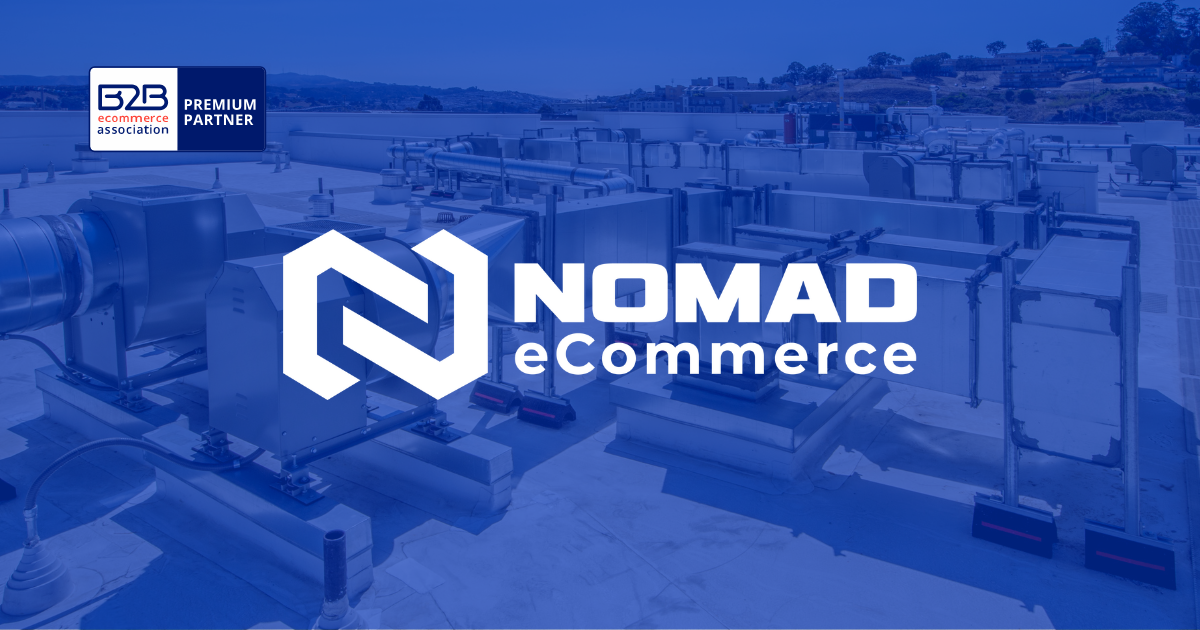Accenture puts Adobe Commerce to the test
Consumers’ rising use of ecommerce – including social commerce – the past two has triggered increased adoption of ecommerce solutions by businesses selling direct to consumers, as well as other businesses. Going forward, digital commerce will remain a key source of business – and a way of life for buyers – with the ecommerce market set to reach $27 trillion by 2027.
Although Adobe Commerce by Magento is an established, flexible, and scalable end-to-end digital commerce platform widely used among small and medium-sized businesses, it’s natural to wonder whether it has the capability to scale for use by large enterprises. To answer that question, Accenture, which has been an Adobe partner since 2002, conducted rigorous testing of Adobe Commerce’s Cloud Pro120 Cluster suitability for large-scale business-to-consumer (B2C) and business-to-business (B2B) environments.
For the test, Accenture defined large enterprises as having a global footprint and transacting 40% or more of gross revenue through an online commerce platform. In addition, large enterprises had large, complex product catalogs, as well as pricing and promotion rules with extensive back-office and third-party integration. Next, Accenture created and conducted automated test cycles that simulated the processing of large numbers of simultaneous inquiries and orders for B2C transactions and business-to-business transactions.
On the B2C side, Accenture’s aim was to prove Adobe Commerce can handle 15,000 concurrent consumer users submitting more than 1,000 orders per minute. On the B2B side, Accenture sought to demonstrate that Adobe Commerce can handle 1,000 concurrent business users submitting 500 orders an hour with 750 items in their cart. For each scenario, Accenture’s testing flows and performance measurements were based on simulated day-to-day store activities and realistic customer transaction volumes.
As part of its testing methodology, Accenture noted that large businesses selling direct to consumers tend to have large, but relatively simple product catalogs, and high volumes of concurrent customers browsing and placing orders on their websites. Customer traffic levels can also vary widely for these sellers, as they can experience dramatic spikes in volume during sales promotions or seasonal events such as Black Friday and Cyber Monday.
Taking those characteristics into account, Accenture based its B2C benchmarking on a catalog of 250,000 products and 15,000 concurrent users submitting 60,000 orders an hour, or 1,000 orders per minute. Also, each simulated user submitting an order was configured to put three to five items in their cart. The testing took place in three stages. During stage one, Accenture used its automated load generators to create simulated traffic from 15,000 customers. Once the traffic was generated, Accenture moved to stage two of the test, which was to conduct a one-hour period during which the simulated users continuously browsed, added items to their carts, and submitted orders, while monitoring the system’s performance. The final step was the wind-down, where Accenture collated and assessed the results. Accenture ran the B2C cycle five times, making tweaks to the configuration in between cycles to optimize performance.
Since B2B ecommerce has different characteristics from B2C commerce, such as more complex catalogs with a wider mix of products and components, B2B sellers also usually experience lower, but more consistent levels of customer traffic than B2C sellers. They also see buyers putting more items in their cart than B2C sellers. Accenture developed and applied an alternative set of conditions and benchmarks to reflect these differences.
The benchmarking characteristics Accenture produced for B2B sellers were 575 orders per hour, 150,000 page views per hour, 5,000 concurrent users, 750 Items in cart, and 15 websites. Accenture’s B2B testing cycle followed the same three stages as the B2C testing. The difference between the two tests was that Accenture ran only two B2B flows, because Adobe Commerce quickly demonstrated its ability to handle the level of traffic and complexity of inquiries and orders submitted by Accenture’s simulated B2B buyers. The outcomes achieved from both tests were that Adobe Commerce easily met or surpassed the test benchmarks. With B2C ecommerce, for example, the Adobe platform successfully processed 62,000 orders per hour or 1,033 per minute, exceeding the benchmark of 60,000 per hour or 1,000 per minute. With B2B, the platform achieved 575 orders per hour with 750 items in buyer’s carts.
The results demonstrate that Adobe Commerce can scale up to provide personalized experiences across the entire base of B2C or B2B customers of large enterprises. For enterprise sellers vetting an ecommerce platform, the test results mean they can include Adobe Commerce in their assessment process and be confident the platform will scale to meet their needs as their ecommerce business grows today and tomorrow.








